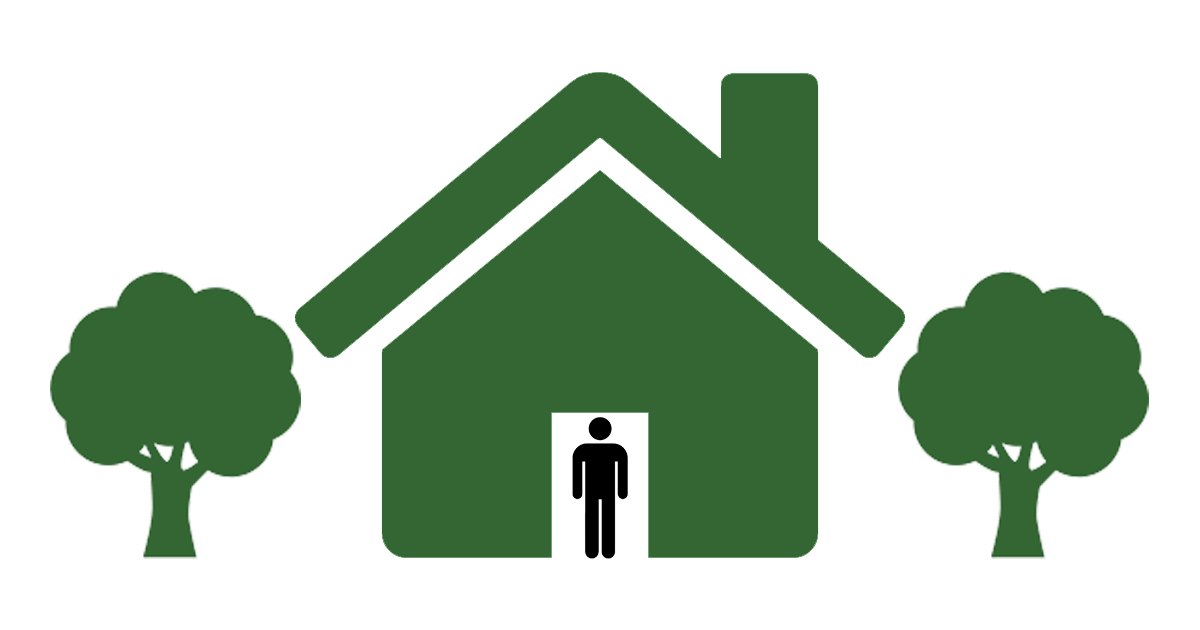Shop Dine Park: Why New Haven is Thinking Like a Marketer
January 13, 2014 at 8:13 am CST
New Haven, Conn. , is a city thinking like a marketer. Cities are faced with tightening budgets, increased demand for services and shrinking assistance from county, state and federal agencies. It’s something I hear all the time when speaking with mayors and city managers. Among the solutions, I would argue, is for cities and towns of all sizes to take a look at businesses and marketers to learn how to better leverage their assets and their own brands. (Note: This is a different and much narrower argument than discussions of “running government like a business.”)
New Haven’s Shop Dine Park card
New Haven (pop. 130,000) is rolling out something called the “ Shop Dine Park ” card. It’s a gift card that can only be used in New Haven businesses. It takes shopping local to a bit of an extreme, and that in itself is not unique. I’ve seen similar community-based programs in markets as small as Choteau, Mont. (pop. 2,000). But the city plans to take it further in a phased rollout. Eventually shoppers will be able to add value to the cards and track the spending. Merchants, on the other side, will be able to communicate and offer deals to the shoppers. One example, cited in an article in the Independent , is a sandwich maker sending a text message coupon to someone who used the card at a nearby parking deck.
In some ways, it winds up replicating the experience shoppers can get with a location-based check-in service like Foursquare. More and more, people are experiencing cities with a smartphone in hand, and mobile devices are changing the way we interact with our towns. On some levels, the city might be better off promoting those existing platforms for its shoppers. But by issuing the card, the city gets to keep the proceeds and also controls access to the messaging components and the all-important subscriber data – data that could then be offered back to the merchants for their marketing purposes.
How does this impact livability? In a few ways. One, if cities find more ways of generating non-tax revenue, it means they have more money to spend on the programs and services residents want. Further, once the messaging components get implemented, it can help residents both save money (coupons!) and experience their communities in new ways. Maybe that means dining at a new restaurant. Or finding a new store, or even just having an excuse to head downtown for some good old-fashioned strolling and window shopping. Spending money in your city is important, just as spending time in your city is. Take advantage of the facets that make it unique.
If this card succeeds – and who knows if it will – it will be quickly replicated. Cities are good at spreading smart ideas. If it doesn’t, it should be replicated anyway. Failure could come from any number of reasons – lack of marketing, lack of support in the community, failure to implement the phased rollout appropriately. Those conditions might not exist in another market.
Sign up for blog email alerts and we’ll let you know as we post more on the topic of the city-as-marketer.
Reader Comments
Use a Facebook account to comment. Subject to Facebook’s Terms of Service and Privacy Policy . Your Facebook name, photo other personal information you make public on Facebook will appear with your comment.
